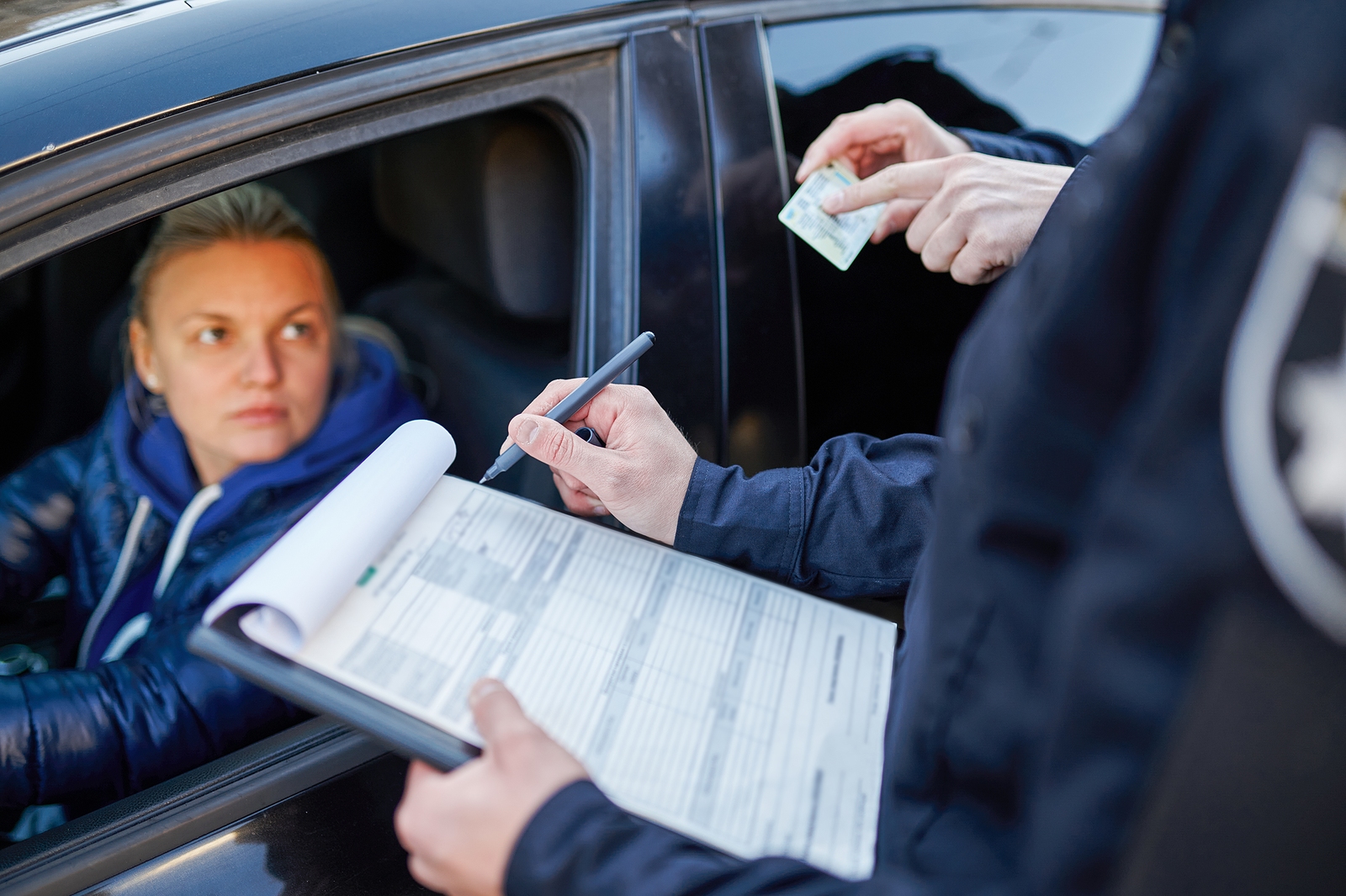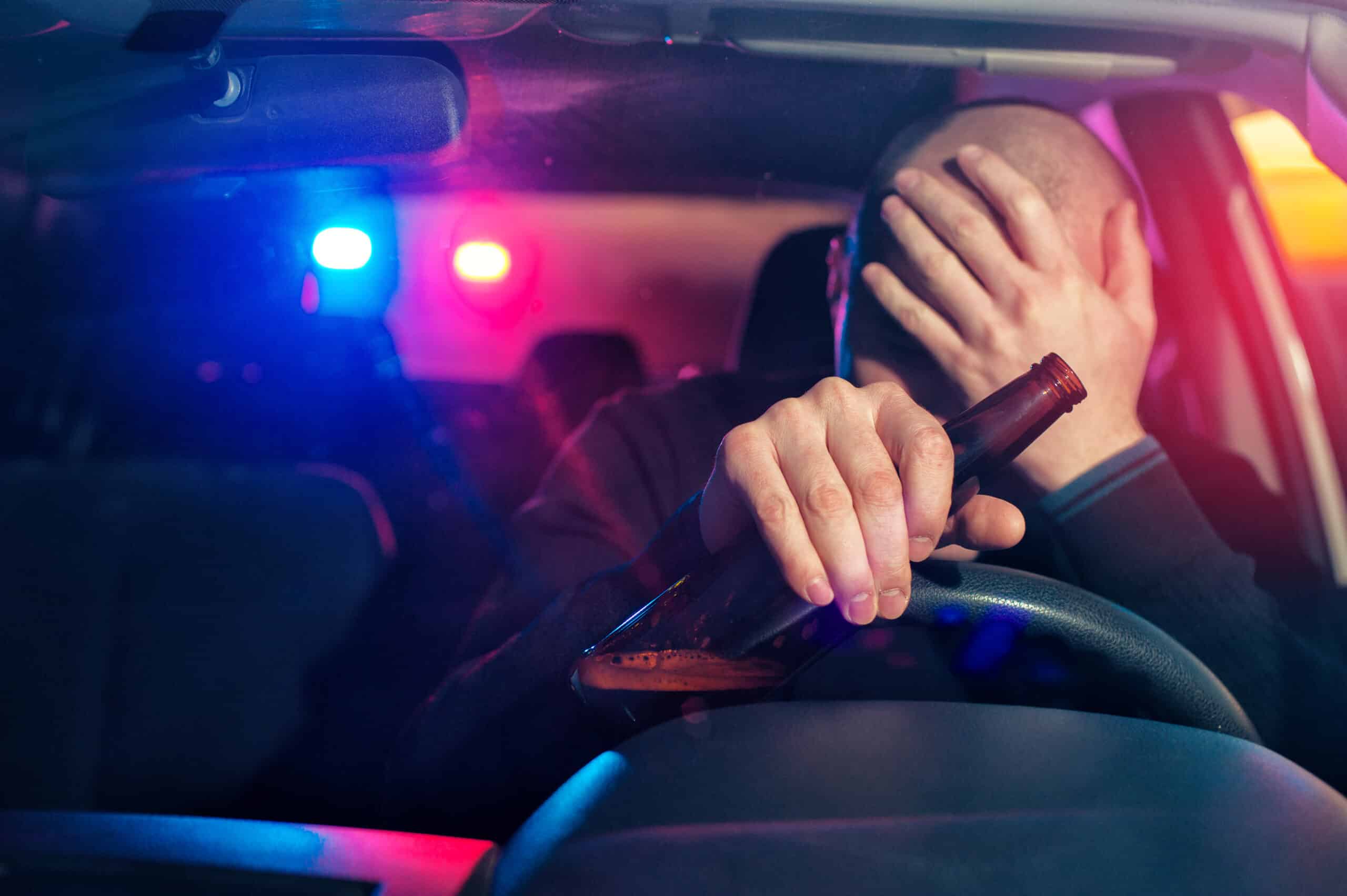3 Ways A DUI Impacts Your Driving Record and Privileges
Driving under the influence of alcohol or other substances is a serious crime in California and can result in a suspended driver’s license and other consequences. But it’s also incredibly common.
In 2019, there were 124,141 total DUI arrests in California, and the DUI conviction rate in this state is around 70 percent to 75 percent. This can seem like a daunting statistic if you’re facing DUI charges, but an experienced DUI lawyer can help you beat the charges or have them reduced.
1. Points on Your License
When you commit a traffic violation, you get a certain number of points on your driver’s license. If you receive a certain number of points within a specific time period, you can have your license suspended for 6 months. Those limits are four points in one year, six points in two years, or eight points in three years. The points with most traffic infractions drop off of your driver’s license after three years. However, the points for a DUI generally stay on your license for 10 years.
In California, a DUI is worth two points on your license. But keep in mind that it’s common for a DUI arrest to involve several violations at once, all worth different points. For example, if you are arrested for a DUI after an officer pulls you over for speeding and running a red light, you could end up with 4 points on your license — two for the DUI, one for speeding, and one for running the red light. This means that your license would immediately be eligible for suspension.
2. License Suspension
Depending on the circumstances of the arrest and whether you have any prior DUI convictions, your license could be suspended. A first-offense DUI for someone who is over the age of 21 results in a four-month suspension. If you have a previous DUI conviction in the last 10 years, your license will be suspended for one year. If you have multiple DUI offenses, it’s possible for your license to be revoked entirely instead of just suspended, which can make it much harder to get back after you’ve served your sentence.
When you are arrested for a DUI, the officer will likely provide you with an Order of Suspension, which is an administrative action from the Department of Motor Vehicles. This is different from a suspension or revocation you may get if you are convicted and sentenced. In some cases, you may be able to continue to drive under a temporary license for up to 30 days. You will also be given the opportunity to attend an administrative hearing at the DMV to explain why you believe your license shouldn’t be suspended.
3. Requiring an Ignition Interlock Device
In some cases, you may be required to have an ignition interlock device installed on your vehicle to be able to get your license back. This device keeps your car from being able to be operated until you provide a breath sample. It analyzes your breath every time you drive to ensure that you’re not driving under the influence of alcohol. Your attorney may be able to negotiate your use of one of these devices so that you are able to get your license back more quickly or travel to and from work while your license is still suspended.
Getting Your License Reinstated
If your license is suspended, you will have to pay the reinstatement fee to the DMV and show proof of insurance once the suspension term is over. You may also need to show proof that you completed a mandatory DUI treatment program. If your driver’s license was completely revoked, you will need to apply for a new license once you are allowed. This includes taking the applicable driving tests — both written and in-car — and paying all the fees again.
Beating DUI Charges
It’s clear that a DUI conviction can seriously impact your driving privileges, but there are ways to prevent this from happening. When you work with the attorneys at the DUI Defense Group, we will do everything in our power to help you beat these charges. While each case is different, there are some general strategies to present your case to the DMV that your license should not be suspended. One of the most common strategies used is to argue that the officer didn’t have probable cause for the stop.
Officers have to have the reasonable belief that a crime is currently being committed or has already occurred to be able to pull you over. In some cases, this can be the reasonable suspicion that you are driving under the influence of alcohol if you are having difficulty staying in your lane or are driving recklessly. However, probable cause can also be as minor as driving over the speed limit, failing to come to a complete stop at a stop sign, or not using your turn signal.
It’s very common for someone to be pulled over for something very minor and then be arrested for DUI after the officer smells alcohol on their breath or sees open containers in the car. However, if the officer did not have probable cause to stop the vehicle, any evidence — including a failed Breathalyzer — obtained from the stop can be thrown out.
If you’ve been arrested for a DUI, you need legal counsel and representation immediately. Call the DUI Defense Group at 866-927-3295 to find out how we can help.



